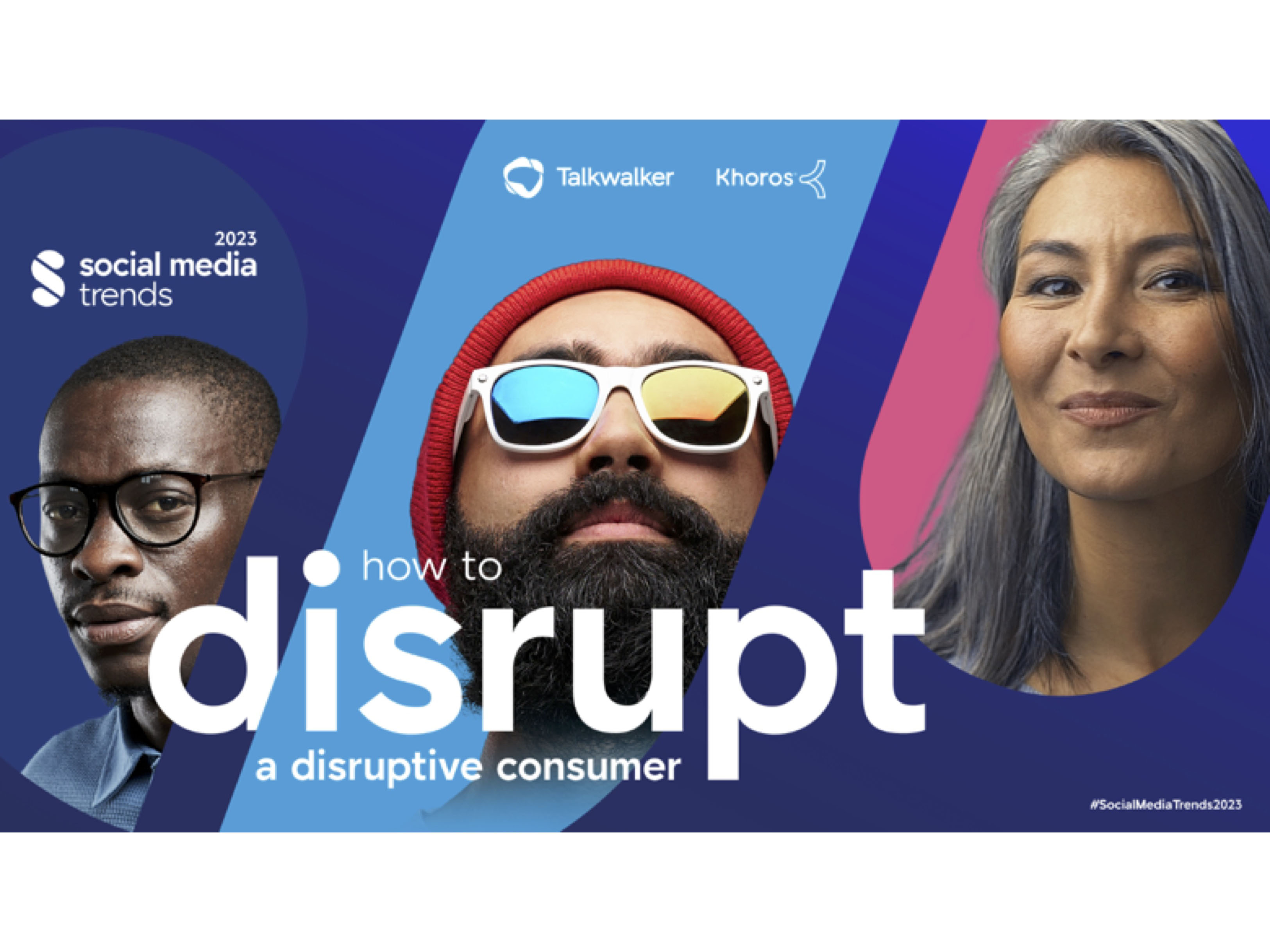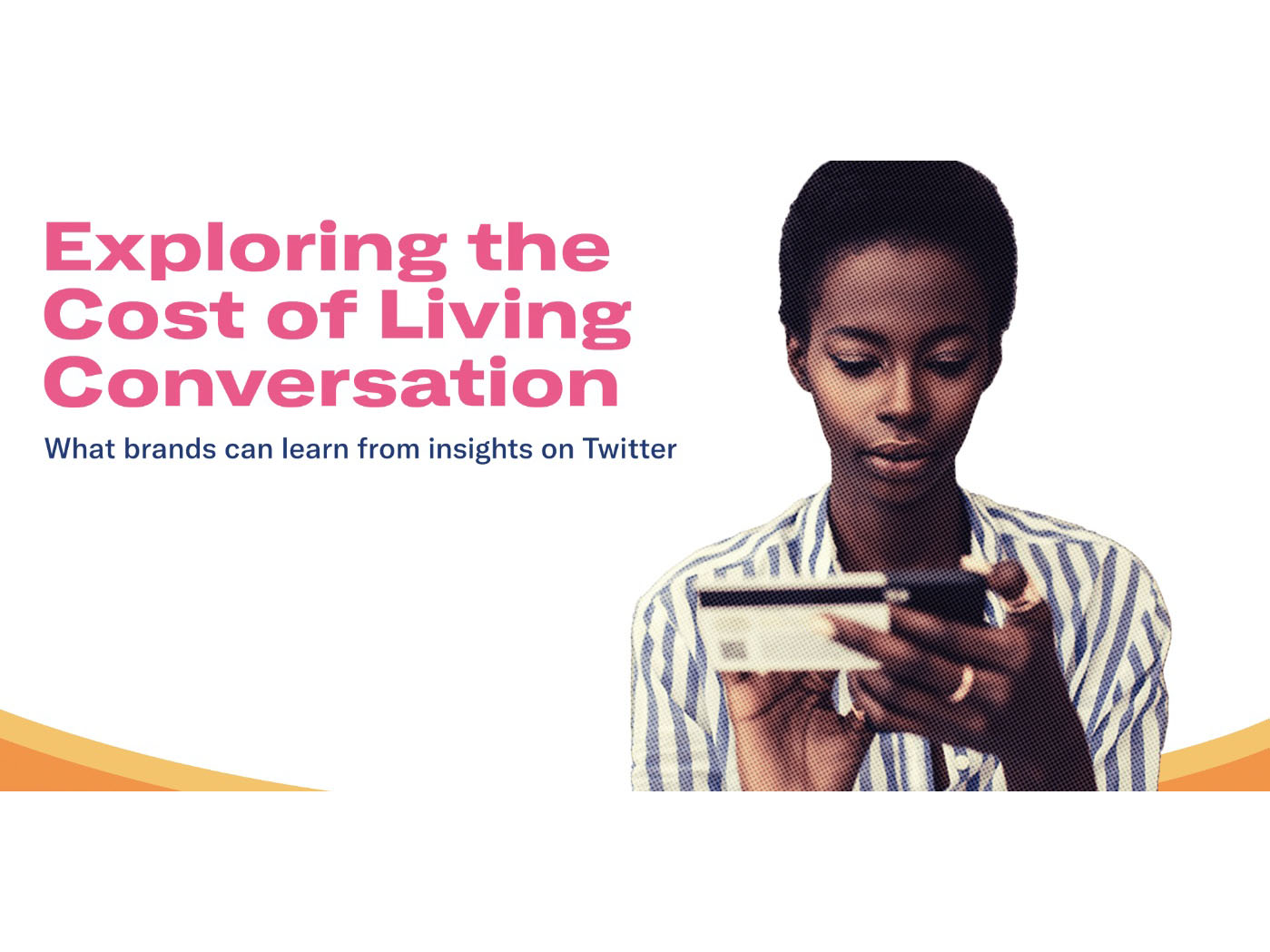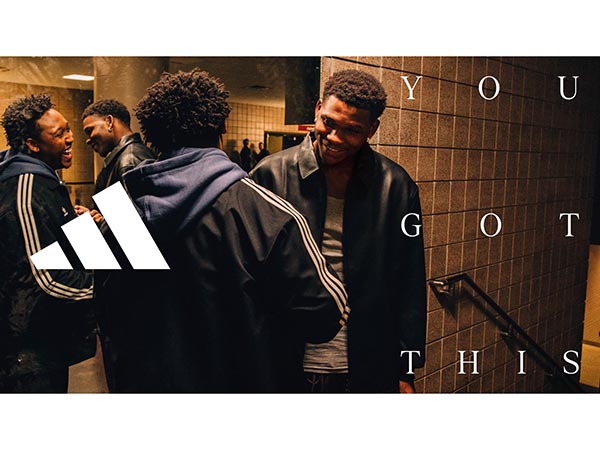News - Branding
Why MENA brands must put love first
by Rami Deeb
June 14, 2021

Brand love is a critical metric for marketers aiming to quantify customer loyalty, brand affinity, and overall brand sentiment. However, brand love is not something that money can buy. It is a meticulous process that requires long-term commitment and nurturing, particularly as consumers have become increasingly complex and with different expectations of brands.
Plus, brand love cannot be precisely defined or measured -- which is why it has long remained on the sidelines of marketing reporting dashboards. It’s often described as the organic connection established between a brand and its community, regardless of the medium, geography, or size of the company. Creating brand love does not rely on the number of employees a brand has or even its industry, what matters is the effort marketers put into bringing value to stakeholders as well as the experience they provide.
Brand Love Story 2021
Talkwalker recently published its second edition of Brand Love Story 2021 in which we examine brand love and how the pandemic has affected consumer conversations online. The pandemic has upended most notions of what digital marketing should look like. Regardless of your digital marketing end goal, whether it’s lead generation or brand awareness, one can no longer ignore the importance of putting the customer first.
Customers nowadays are realizing they are capable of influencing the behavior of brands online. Extended periods of lockdown have driven consumers and businesses to prioritize digital channels for buying, selling, and even consuming. For instance, UAE consumers have recently fully embraced digital shopping, which accelerated the digital transformation of businesses.
The result of all of this is a unique and consistent brand experience that creates an overall positive image in the minds and hearts of consumers.
Our industry report also reveals the world’s top 50 most loved brands, while providing insights into how brands like Huda Beauty and Anghami have managed to win big during 2020/2021.
Lastly, the report looks closely at each geographical market to reveal the top 10 most loved brands in each region.
What brands does the MEA region love?
Two key insights that emerged from the data are that brands that provided a ‘comforting’ feeling, as well as those that created a ‘distraction’, were the ones that were most loved this year. Consumers yearned for a sense of belonging and reassurance that things will soon go back to normal. Only by listening and understanding the voice of their customers were brands able to create an emotionally driven connection that translated into customer advocacy and loyalty.
The Middle East and Africa region gave their love to brands that engaged with their community on a human level. Social media channels transformed from beacons of information to infotainment. Videos became the main way brands engaged with their community. Websites turned into platforms where consumers could be inspired, engage with fellow consumers, and interact directly with the brand.
The top 5 brands that the Middle East and Africa region loved most for 2021 are:
- Fortnite
- Samsung
- Anghami
- PepsiCo
- Oppo
Find out the remaining brands that topped the MEA region’s most loved brands list.
Why MENA brands must put love first
Brands are realizing that customer interaction must go beyond transactional and become more relational, where value and connection continue long after the service or product is consumed. More accurately, brands are increasingly treating consumers as their ‘significant other’ rather than simply aiming for their pockets.
How does brand love benefit a company across its entire business cycle?
• Price premium: Consumers love showing off the brands they love, particularly if those brands give them a source of pride and joy. The next time you see someone posting their bottle of ‘expensive’ water on social media, think of love.
• Brand loyalty: Consumers who have had a positive experience with a brand, generally return to that same brand again when they want to purchase again. connections with. 39.5% of consumers define brand loyalty as having a love for a brand.
• Brand advocacy: Consumers are more likely to refer their friends to the brands if they feel appreciated and heard, which ultimately leads to a bigger bottom line. Turning your customers from one-time buyers into brand ambassadors surely is a tedious process, however, it will pay off in the long run.
On that topic, Talkwalker will be holding an expert series throughout June, bringing some of the most prominent voices in the marketing industry to share their thoughts and insights.








.jpg)




